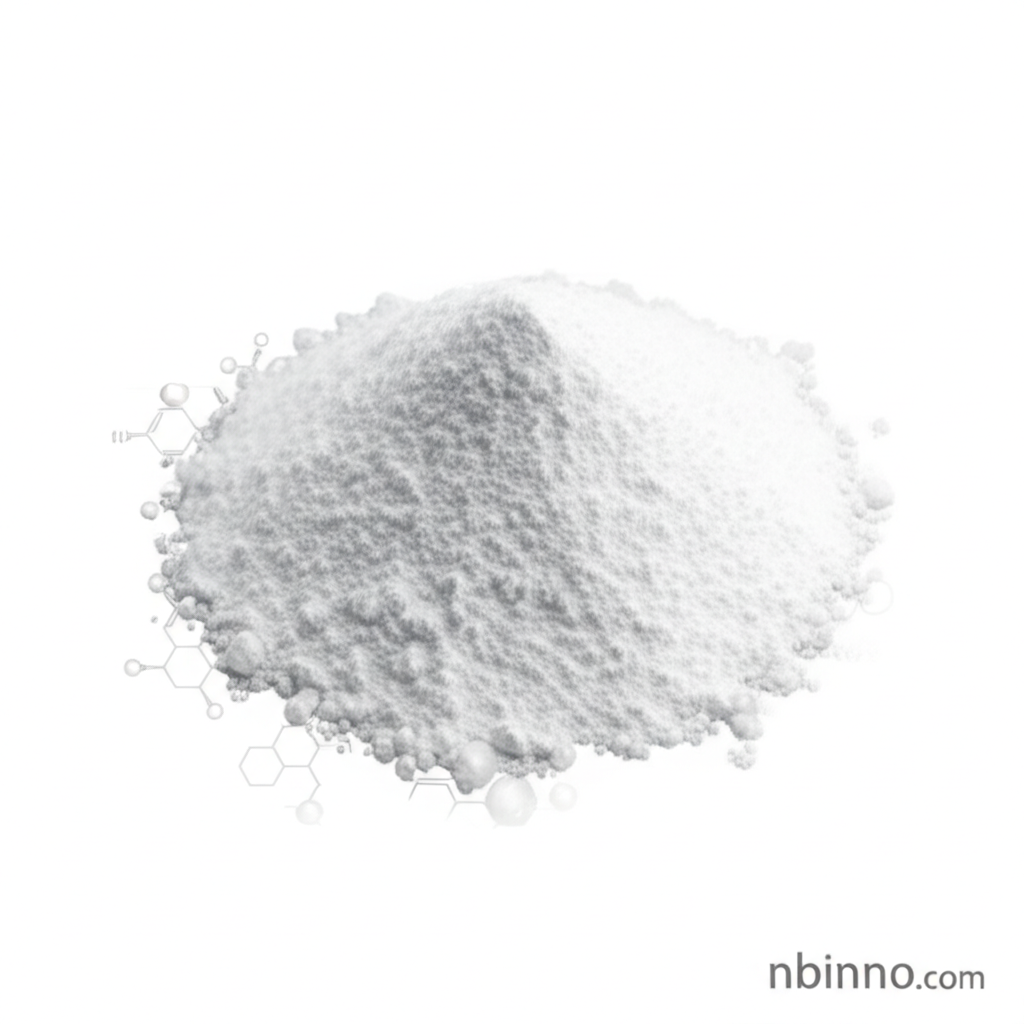Cuprous Thiocyanate: The Marine Industry's Antifouling Powerhouse
Discover the crucial role of Cuprous Thiocyanate (CAS 1111-67-7) in safeguarding marine vessels. This essential chemical provides unparalleled protection against fouling, ensuring vessel efficiency and longevity.
Get a Quote & SampleThe Core Value of Cuprous Thiocyanate

Cuprous Thiocyanate
As a leading supplier in China, we provide high-quality Cuprous Thiocyanate (CAS 1111-67-7), a critical component in advanced antifouling paints. Its unique chemical properties make it an indispensable ingredient for protecting ship hulls from the detrimental effects of marine growth, contributing significantly to vessel performance and maintenance. We are a reliable manufacturer in China, committed to delivering excellence.
- Explore the effectiveness of cuprous thiocyanate antifouling agent in extending the operational life of marine vessels.
- Understand the chemical properties of CAS 1111-67-7 for effective ship hull protection.
- Learn about the benefits of using copper thiocyanate biocides in marine coatings for superior fouling control.
- Discover the advantages of inorganic antifouling agent applications in the maritime sector.
Advantages You Can Rely On
Superior Fouling Resistance
Cuprous Thiocyanate acts as a potent biocide, effectively preventing the accumulation of marine organisms on ship hulls, a key benefit when considering ship hull protection chemical solutions.
Enhanced Vessel Performance
By minimizing drag caused by fouling, this compound contributes to improved fuel efficiency and overall vessel performance, aligning with the goals of using copper thiocyanate biocides.
Durable Protection
Its inherent stability ensures long-lasting protection, making it a cost-effective choice for marine coatings applications, reflecting its value as a marine antifouling agent.
Key Applications
Marine Antifouling Paints
A primary application where Cuprous Thiocyanate is used to prevent marine growth on ship bottoms, a critical aspect of marine coatings.
Ship Hull Protection
Essential for maintaining the integrity and operational efficiency of vessels by preventing biofouling, a core function of CAS 1111-67-7.
Protective Coatings
Used in formulations to create durable protective layers on submerged surfaces, leveraging its properties as an inorganic antifouling agent.
Biocide Formulations
Often combined with other biocides to enhance antifouling efficacy and provide a broader spectrum of protection against marine organisms.
